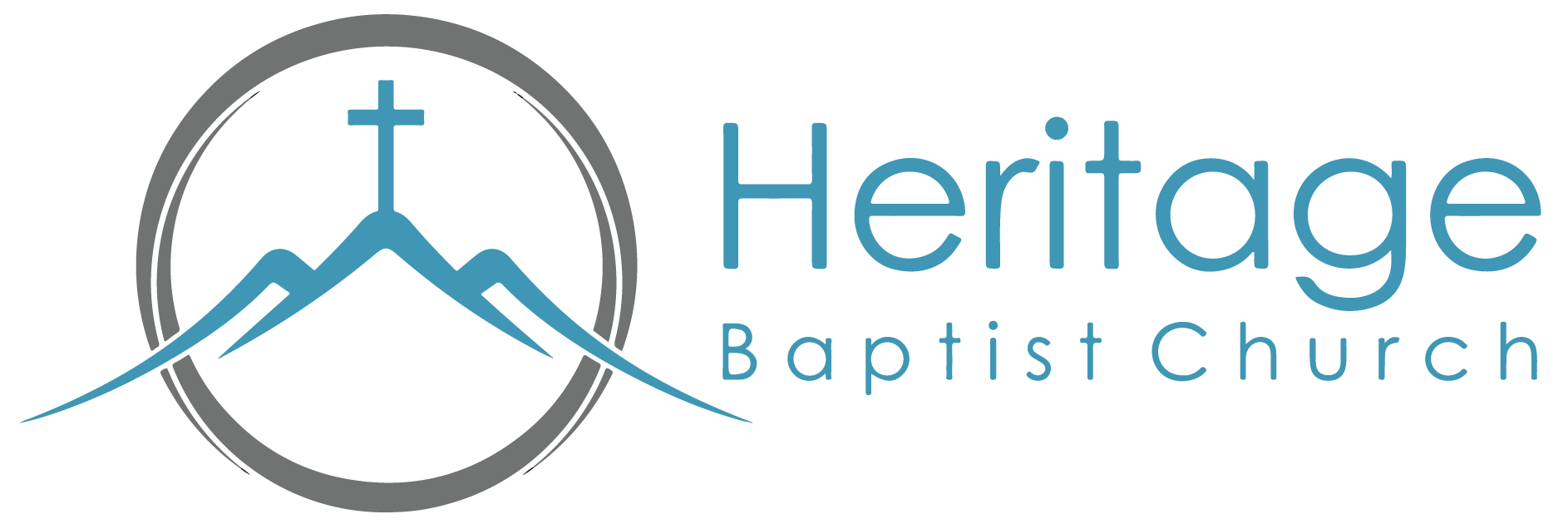In school, I remember history teachers telling me the importance of learning dates for significant events. One teacher compared key events/dates to fence posts. If you only have horizontal rails, your fence isn’t going to hold together. Certain key events have stronger effects than others and can cause ripple events.
Another comparison is to pegs on a rail. It can be helpful to “hang” things on the timeline. Again, some events are significant enough that other events will be grouped with them.
When we learn a new fact or story from history, we shouldn’t consider the event in isolation, but in context. The best way to do this is first to orient ourselves by finding a nearby “fence post” or peg. Consider, events happening in 1490 vs. 1500 have a wildly different context even though only a decade apart because of the events of 1492. Events in 1775 will differ compared to 1785 because of what happened in 1776. Learning the dates of key events can be invaluable because they help establish sequence. Sequence matters to human history.
God is eternal and unchangeable in his character, but he is also active and has a plan that is progressing through history.
Sequence also matters in the story of God’s redemption. God is eternal and unchangeable in his character, but he is also active and has a plan that is progressing through history. How and when he acts in history makes a difference to us as his followers.
This is different from many other major religions. Hinduism and Buddhism view history as cyclical so sequence has little significance. Muslims believe that the Koran is true, but that the order of the teaching does not matter. It is not arranged chronologically.
This is so different from how a Christian understands the Bible. Of course, the Bible itself is not strictly chronological in how it is arranged (as you probably realized if you read Together Through the Bible) yet the order of certain major events matters greatly. If God has shared the requirements for sacrifices after Christ’s sacrifice, it wouldn’t make sense and would actually contradict God’s unfolding plan. Likewise, a before-Christ mandate to the people of Israel to go to all nations would seem out of place while they were still under the governance of the law and without the indwelling Holy Spirit as a counselor. However, even at this early point in the sequence of history, there are hints of God’s plan to come! The nations were welcomed in and the Spirit was given to certain people at certain times.
When we read Bible stories out of their context in God’s sequential plan, we can risk viewing them for the purpose of moralizing. For example, the story of Isaac and Rebekah becomes a template for how to choose a spouse instead of evidence of God’s faithful presence in preserving the seed of Abraham. The story of Joseph becomes a lesson on working hard and being patient, instead of being an amazing display of God’s providence in (again) preserving the seed of the Messiah through physically removing Abraham’s family from famine.
Though I grew up in the church and was very familiar with the Bible, I didn’t have a good grasp of the sequence or progress of God’s plan in the Bible until I was in college. You could say that I had all the fence posts, but they were jumbled up in a pile, not neatly stretched out so that I could see the progression to understand the context of other stories. I remember vaguely wondering as a child what on earth was going on in the story of Esther. What happened to King David’s kingdom which would never end? It felt a little bit like a fairy tale set in a land far, far away. Another time, I remember thinking that it was a funny coincidence that the stories about baby Moses and Joseph both happened in Egypt, not realizing that one event led to another.
If you took part in reading Together Through the Bible or another reading plan, take the time to consider, what are the fence posts in the Bible? What are the major events in the Bible that have big implications? What should inform how we understand other stories or teaching in the Bible?
Your fence posts might look something like this…
Creation, Fall, Flood, Babel, Patriarchs, Exodus, Conquest, Kingdom, Division, Exile, Return, Redemption, Commission, Revelation.
Or you might think about the people associated with the events…
God, Adam & Eve, Noah, Abraham, Moses, Samuel, David, Elijah, Jesus, Paul.
Or you may like data and want to know as closely as possible the approximate dates of events.
Only God could have crafted this plan with all its beauty and majesty of redemption, weaving together significant places and peoples in unexpected ways.
The amazing thing about this progression is that if we only consider the key events in the Old Testament, it would be nearly impossible to predict what God was leading up to. The people of Israel were like children in a way. They had been given clear rules to follow and given hope, but they had very little specific insight into God’s plan. They lacked a maturity which was not possible until the coming of the Messiah. As Jesus says in John 15, “I do not call you servants anymore, because a servant does not know what his master is doing. I have called you friends, because I have made known to you everything I have heard from my Father.”
The faithful in the old testament did not have a blind faith, but they were limited in their vision and understanding. They probably wondered how God’s promises would be accomplished and where this plan was leading. Only God could have crafted this plan with all its beauty and majesty of redemption, weaving together significant places and peoples in unexpected ways. And not only are high places like Jerusalem and noble people like David woven in, so are little Bethlehem and humble Mary. Who could have foreseen that an event so seemingly insignificant as a baby born to a poor family in a small town would be the turning point of history, literally restarting the calendar dates?


